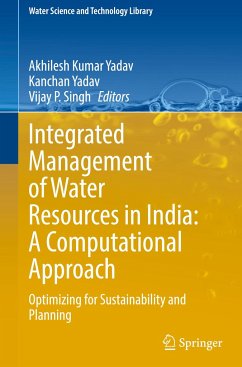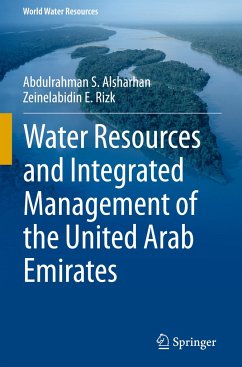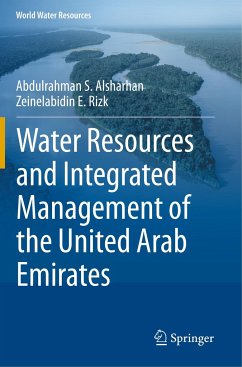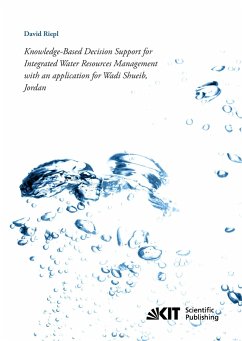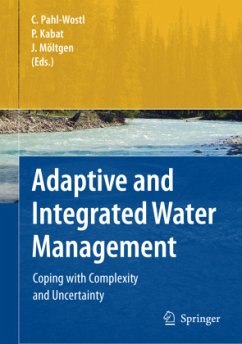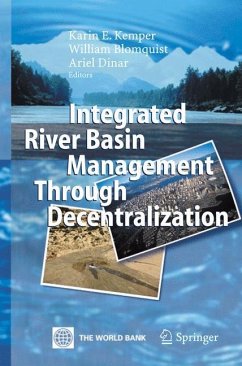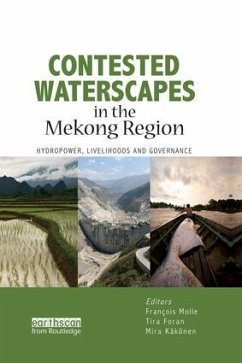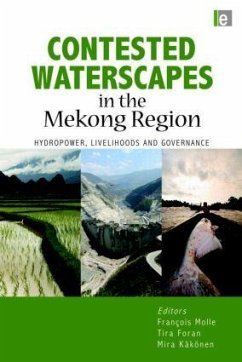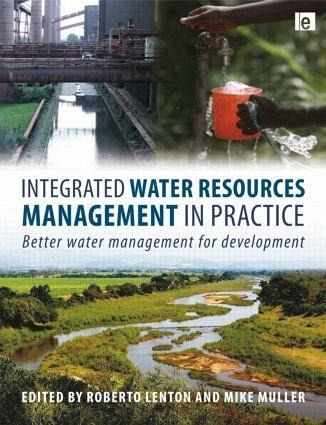
Integrated Water Resources Management in Practice
Better Water Management for Development
Herausgeber: Lenton, Roberto; Muller, Mike
Versandkostenfrei!
Versandfertig in 1-2 Wochen
76,99 €
inkl. MwSt.
Weitere Ausgaben:

PAYBACK Punkte
38 °P sammeln!
Better water management will be crucial if we are to meet many of the key challenges of this century. Integrated Water Resources Management (IWRM) is widely recognized as the best way forward. This book illustrates how better water management, guided by the IWRM approach, has helped to meet a wide range of sustainable development goals.
Better water management is crucial. Integrated Water Resources Management (IWRM) is widely recognized as the best approach, but is poorly understood, even within the water sector. This book provides practical guidance, based on real world examples, rather than theoretical constructs. Published with the Global Water Partnership





